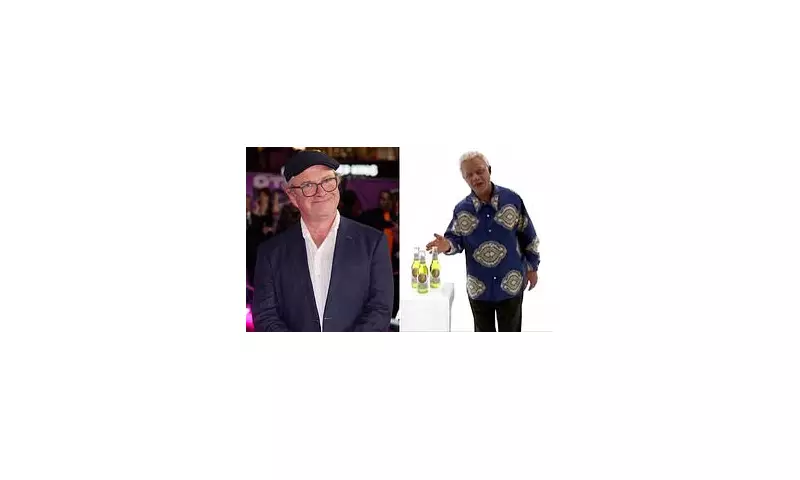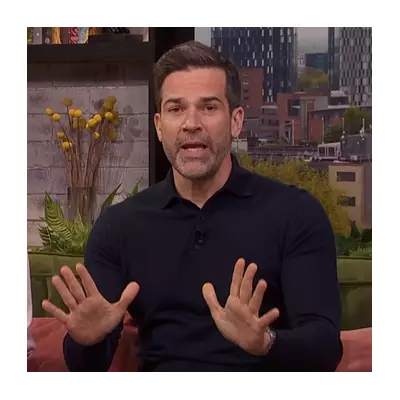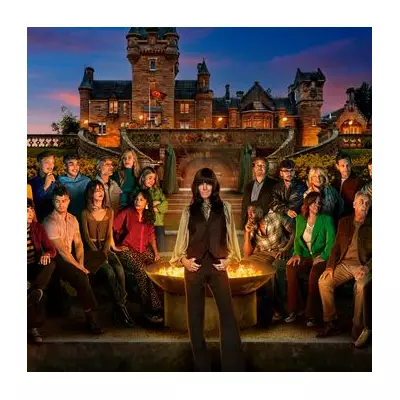
Veteran comedian Harry Enfield has broken his decades-long silence about one of the most controversial moments in British television history - his decision to portray Nelson Mandela using blackface in a 1990s comedy sketch that depicted the South African leader as a crack dealer.
In an exclusive interview, the 62-year-old comedian defended the notorious segment from his BBC series, claiming the subsequent outrage stemmed from "cultural imperialism" rather than genuine offence.
The Infamous Sketch That Haunted a Career
The controversial routine, which aired during the peak of Enfield's popularity, featured the comedian in dark makeup portraying Mandela as a drug dealer who had supposedly turned to crack cocaine following his release from prison. The sketch provoked immediate condemnation from viewers and critics alike, creating a storm of controversy that has followed Enfield for nearly three decades.
"At the time, we thought we were being edgy and satirical," Enfield explained. "Looking back, I understand why people were offended, but I believe much of the backlash came from a place of cultural imperialism - people telling others what they should and shouldn't find offensive."
A Changing Landscape for Comedy
The comedian acknowledged that the comedy landscape has transformed dramatically since the 1990s, with many previously accepted practices now considered unacceptable. However, he maintains that context is crucial when judging historical comedy content.
"Comedy has always pushed boundaries, and sometimes it crosses lines," Enfield reflected. "What was considered acceptable satire in one era can become deeply problematic in another. The important thing is that we continue to evolve and learn from these moments."
The Legacy of Controversial Comedy
Enfield's comments come amid ongoing debates about historical comedy content and whether past controversial sketches should be judged by contemporary standards. The interview reveals the complex relationship between comedy, cultural sensitivity, and artistic freedom that continues to challenge performers and audiences alike.
While not apologising for the sketch itself, Enfield expressed regret about the hurt it caused certain viewers, acknowledging that comedy's impact extends beyond artistic intention. "The best comedy should unite people through laughter, not divide them through offence," he concluded.





